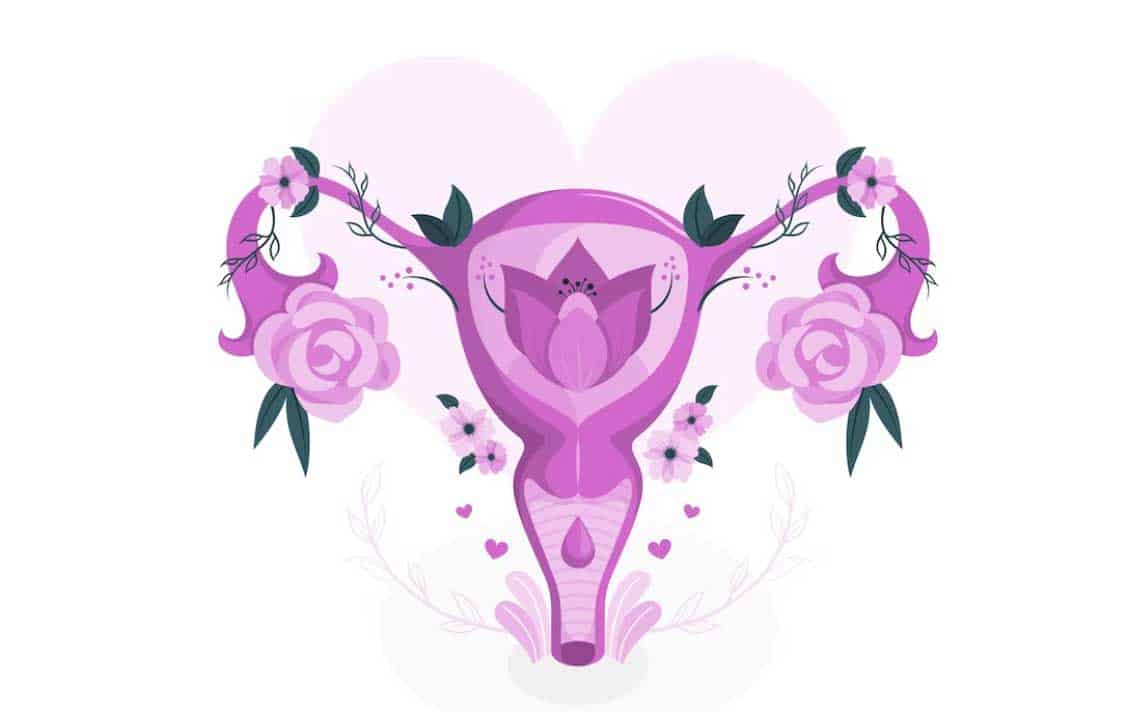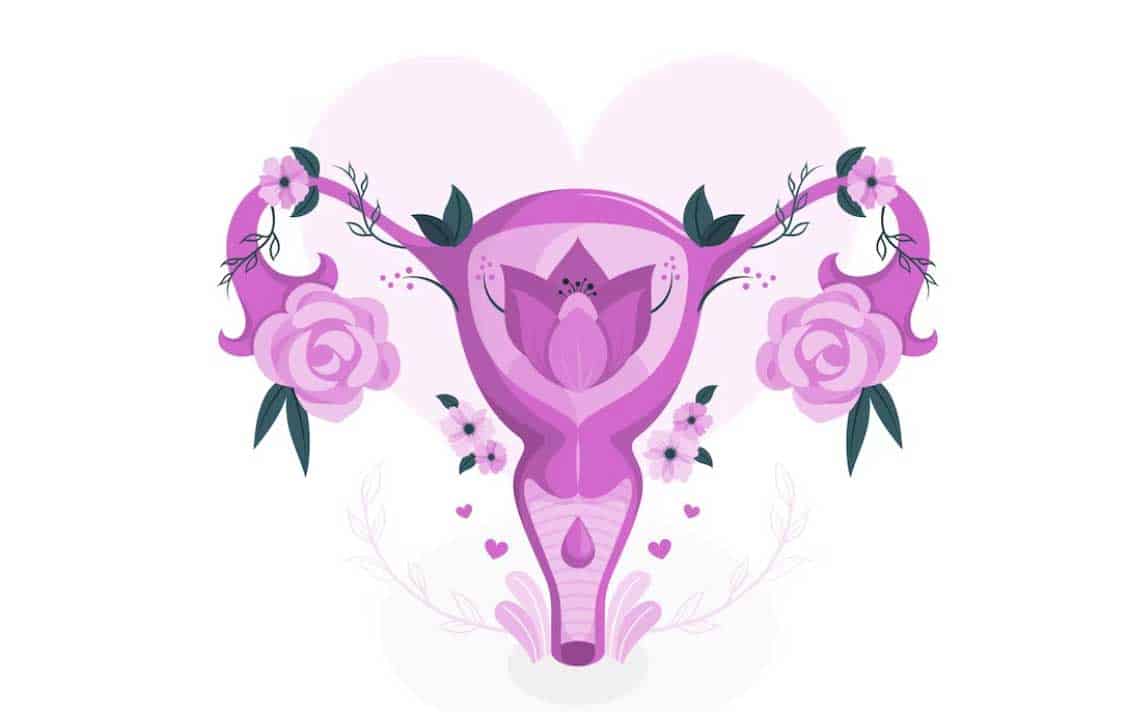Are you tired of dealing with unexplained weight gain, irregular periods, and mood swings that seem to come out of nowhere? Perhaps you've been feeling drained and out of sync with your body. If these concerns sound all too familiar, you might be one of the many women silently battling Polycystic Ovary Syndrome, commonly known as PCOD. Don't worry; you're not alone! In this comprehensive guide, we'll delve into what are the first signs of PCOD, shedding light on what you should watch out for. Understanding these early indicators can make a world of difference in your journey towards a healthier, happier you!
Irregular Menstrual Cycle: The Red Flag
One of the most prominent indicators of PCOD is an irregular menstrual cycle. If your periods are sporadic, arriving late or sometimes missing altogether, it's a signal that something might be wrong with your hormonal balance. PCOD disrupts the normal ovulation process, leading to irregular periods.
Acne Outbreaks and Stubborn Skin Issues
Frustrated with relentless acne breakouts that won't go away? PCOD's hormonal imbalances can trigger excess production of androgens, leading to skin troubles like acne and oily skin. If you've tried everything but still struggle to achieve clear skin, it's time to consider the possibility of PCOD.

Unwanted Hair Growth: Hirsutism
Do you find yourself battling unwanted facial or body hair? PCOD can cause hirsutism, a condition where women experience male-pattern hair growth due to elevated androgen levels. This distressing symptom can take a toll on your self-esteem and emotional well-being.
Hair Loss: When Your Locks Betray You
While some women may experience excessive hair growth, others may suffer hair loss due to PCOD. The hormonal fluctuations disrupt the natural hair growth cycle, leading to thinning hair or even noticeable bald spots.
Persistent Weight Gain and Difficulty Losing Pounds
Weight management becomes an uphill battle for many women with PCOD. Hormonal imbalances can make it challenging to shed excess pounds, even with a balanced diet and regular exercise. If you find yourself struggling with unexplained weight gain, it could be an early sign of PCOD.
Mood Swings: Rollercoaster of Emotions
Are you feeling unusually moody, anxious, or depressed? PCOD can wreak havoc on your emotional well-being, causing mood swings and emotional instability. It's essential to recognize these changes and seek support to cope with the emotional rollercoaster.
Fatigue: The Lingering Exhaustion
Feeling constantly tired, despite getting enough sleep? PCOD's hormonal disruptions can leave you feeling fatigued and drained, impacting your daily life and productivity.
Insulin Resistance: A Precursor to PCOD
Insulin resistance, where your body struggles to respond to insulin properly, is often associated with PCOD. High insulin levels can worsen hormonal imbalances, leading to a vicious cycle of symptoms.
Fertility Challenges: A Roadblock to Motherhood
If you've been trying to conceive without success, PCOD could be a potential cause. The hormonal irregularities can interfere with ovulation, making it difficult to get pregnant.
Pelvic Pain and Headaches
Experiencing chronic pelvic pain or frequent headaches? These discomforts could be linked to PCOD. The condition's hormonal imbalances may trigger headaches, while cysts on the ovaries can cause pelvic pain.
Takeaway: Empower Yourself with Knowledge
Now that you're aware of what are the first signs of PCOD, it's crucial to listen to your body and take action if you suspect you might be dealing with this condition. Seeking professional medical advice and early intervention can significantly improve your quality of life and prevent potential complications down the road. Remember, you're not alone in this journey, and understanding PCOD empowers you to make informed decisions for a healthier and happier future. Embrace your well-being, and let nothing hold you back!





Comments